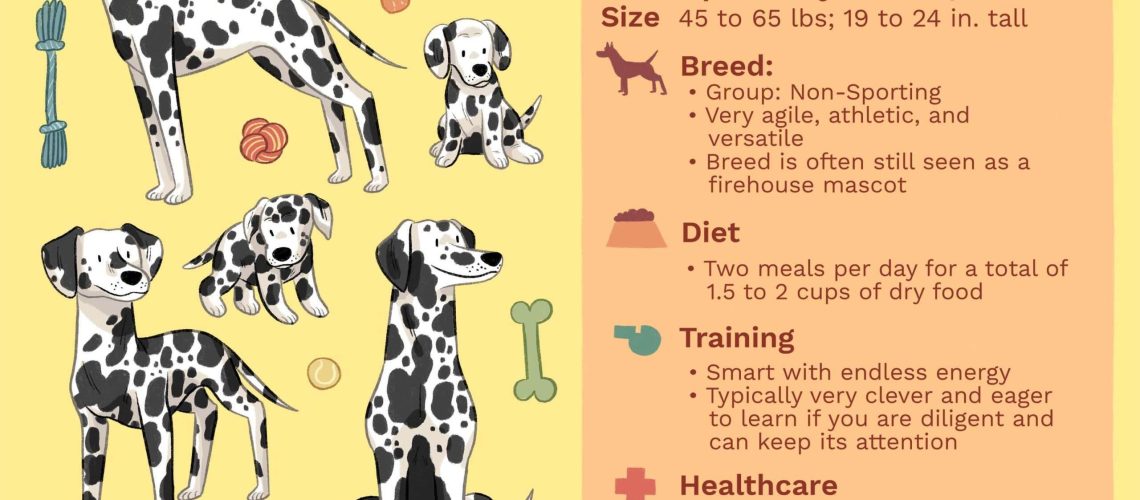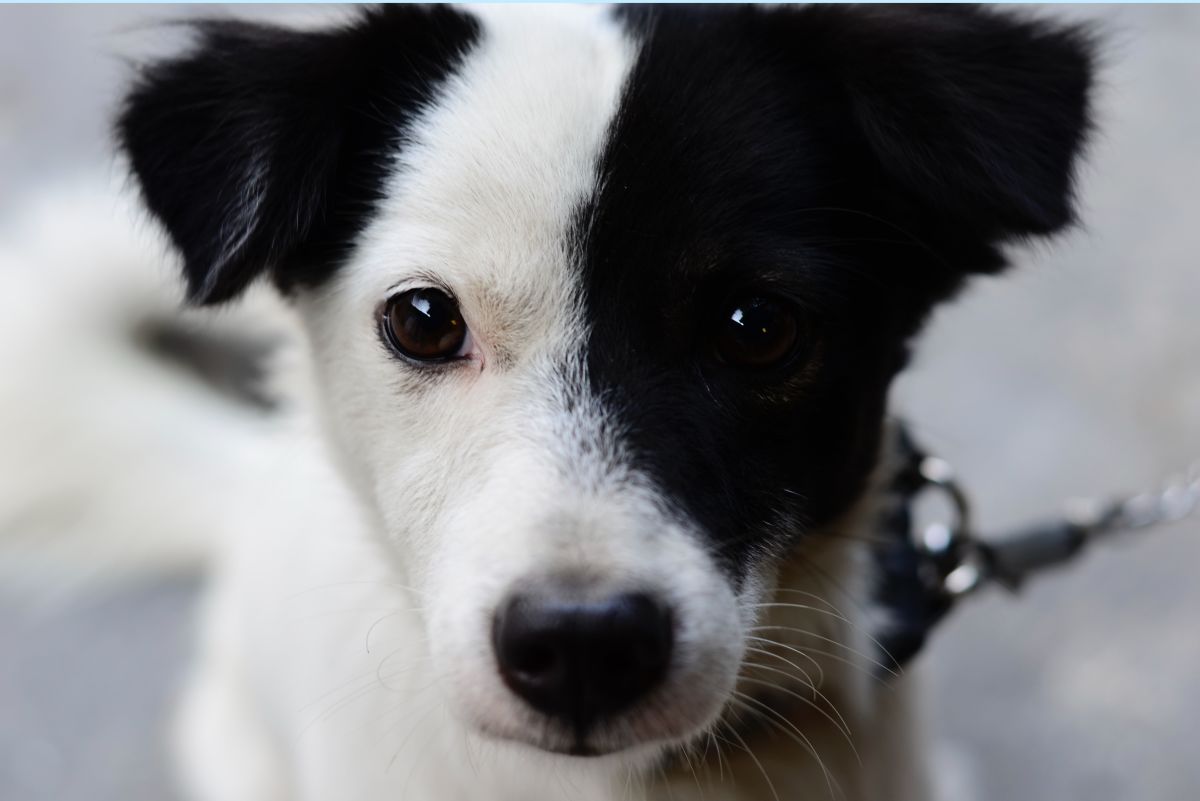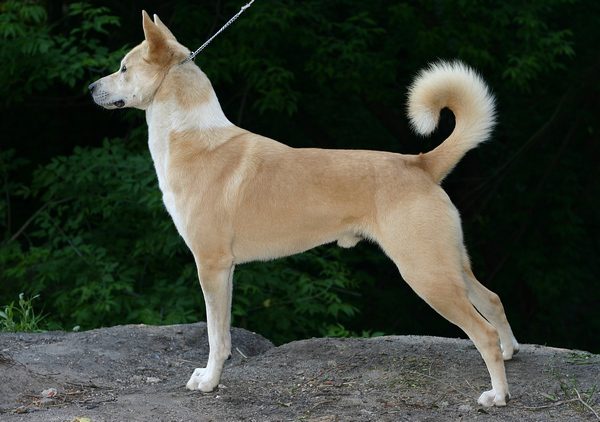Key Takeaways:
- Dalmatians are known for their distinctive coat of black or liver spots on a white background.
- They are energetic and require regular exercise to prevent boredom and destructive behavior.
- Dalmatians have a strong prey drive and may not be suitable for households with small pets.
- Proper socialization from an early age is crucial to ensure Dalmatians get along well with other dogs and people.
- Regular grooming, including brushing their short coat and cleaning their ears, is necessary to maintain their overall health.
Are you ready to embark on a journey into the world of Dalmatians? These unique and captivating dogs have captured the hearts of many, and by delving into their breed characteristics and care, you will uncover a wealth of knowledge that will benefit both you and your furry friend. Understanding the ins and outs of Dalmatians is essential for any dog lover, as it allows for a deeper connection with these beautiful creatures. Whether you're considering getting a Dalmatian or already have one by your side, this exploration will provide valuable insights into their behavior, needs, and how to ensure their happiness and well-being. So let's dive in and discover everything there is to know about Dalmatians - from their distinctive spots to their energetic nature - because the more we understand them, the stronger our bond becomes.
Key Physical Characteristics of Dalmatians
Dalmatians are easily recognizable by their unique coat pattern of black or liver spots on a white background. They have a medium-sized, muscular body with a deep chest and strong legs. Their head is rounded with a long, tapered muzzle and dark, almond-shaped eyes. Dalmatians have high-set ears that are usually floppy but can be held erect when they are alert.
One distinctive feature of Dalmatians is their tail, which is carried straight and tapers to a point. Their coat is short and dense, requiring minimal grooming. However, it's important to note that Dalmatian puppies are born completely white and develop their spots as they grow older. Each Dalmatian's spot pattern is unique, just like our fingerprints!
The Origin and Name of Dalmatians
Dalmatians get their name from the region in present-day Croatia called Dalmatia. The breed has a long history dating back several centuries. They were originally bred to guard horses and carriages, as well as accompany firefighters on their missions.
In addition to being excellent guard dogs, Dalmatians gained popularity for their endurance and agility. They became known as "coach dogs" because they would run alongside horse-drawn carriages to protect them from bandits or other threats.
Behavior Traits and Personality of Dalmatians
Dalmatians are known for being energetic and active dogs. They have a playful nature and love to engage in physical activities like running and playing fetch. Due to their history as working dogs, they have a strong instinct to protect their family members.
Dalmatians are also highly social animals who enjoy the company of humans and other pets. They are generally friendly and outgoing, making them great companions for families. However, they can be independent and stubborn at times, so consistent training and socialization from an early age are essential.
Care and Exercise for Healthy Dalmatians
To keep your Dalmatian healthy, it's important to provide them with regular exercise. They have high energy levels and need plenty of physical activity to stay happy. Daily walks, runs, or play sessions in a secure area are recommended to meet their exercise needs.
In terms of grooming, Dalmatians have short coats that don't require much maintenance. However, they do shed quite a bit throughout the year. Regular brushing with a soft bristle brush can help remove loose hair and keep their coat looking its best.
Common Health Issues in Dalmatians
Dalmatians are prone to certain health issues that potential owners should be aware of. One common problem is deafness, which affects about 30% of the breed. Deafness can occur in one or both ears and is often hereditary.
Another health concern in Dalmatians is urinary stones. They have a unique metabolism that makes them susceptible to forming bladder stones composed of uric acid. A proper diet and access to fresh water at all times can help prevent this condition.
Ideal Living Environment for a Dalmatian
Dalmatians thrive in environments where they have ample space to run and play. They do best in homes with securely fenced yards where they can safely burn off their energy. Apartment living can be challenging for Dalmatians unless they receive sufficient exercise outside of the apartment.
Furthermore, due to their social nature, Dalmatians prefer living indoors with their human family rather than being left alone outside for long periods. They enjoy being part of the household activities and need regular human interaction to prevent boredom and destructive behavior.
Effective Training and Socialization for Dalmatians
Training and socialization are crucial for Dalmatians to become well-behaved members of the family. Positive reinforcement methods, such as rewards and praise, work best with this breed. They respond well to consistent training routines and enjoy mental stimulation through obedience exercises or interactive toys.
Early socialization is essential to ensure that Dalmatians grow up to be friendly and well-adjusted dogs. Exposing them to different people, animals, sounds, and environments from a young age helps them develop confidence and adaptability.
In conclusion, Dalmatians are unique and energetic dogs known for their distinctive coat with spots. They require regular exercise, grooming, and socialization to thrive as pets.
Are Dalmatians high maintenance?
Raising a Dalmatian requires a unique individual. While their spots are cute, this breed can be aggressive and stubborn. Consistent training is necessary to ensure they behave properly. Dalmatians are also energetic and require regular exercise.
What are the pros and cons of a Dalmatian dog?
These dogs have a gentle and responsive nature. They are recognized for their affectionate and lively demeanor. While they are generally good with children, it is important to supervise them around very young kids. These energetic dogs may accidentally knock down a small child while playing, even though they do not intend to cause harm.
Is a Dalmatian a good pet to have?
Dalmatians are known for their high energy levels, playful nature, and sensitivity. They are devoted to their families and get along well with children, although some experts advise caution when it comes to very young children due to their high energy levels. These dogs are intelligent, trainable, and excel as watchdogs.
What is the behavior of a Dalmatian dog?
Dalmatians are known to be reserved and dignified, and they can be distant towards unfamiliar people. However, they are reliable as watchdogs. With their preferred humans, Dalmatians are intelligent, loyal, and affectionate pets. They are strong and active, making them great companions for runners and hikers with their excellent endurance.
Can Dalmatians be left alone for 8 hours?
Dalmatians were specifically bred to have immense stamina and the ability to run alongside horses or carriages for long periods of time. Due to their strength and determination, they have a tendency to pull on a leash if not consistently trained. Dalmatians are highly social animals and rely on human companionship for their well-being, so it is not recommended to leave them alone for more than 2-3 hours.
Do Dalmatians bark a lot?
Dalmatians are generally not very vocal and don't bark much. Although they may occasionally make noises, they are typically friendly and not prone to barking at strangers or in response to other sounds.

















